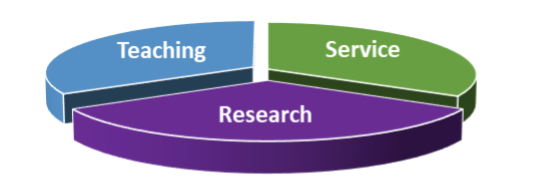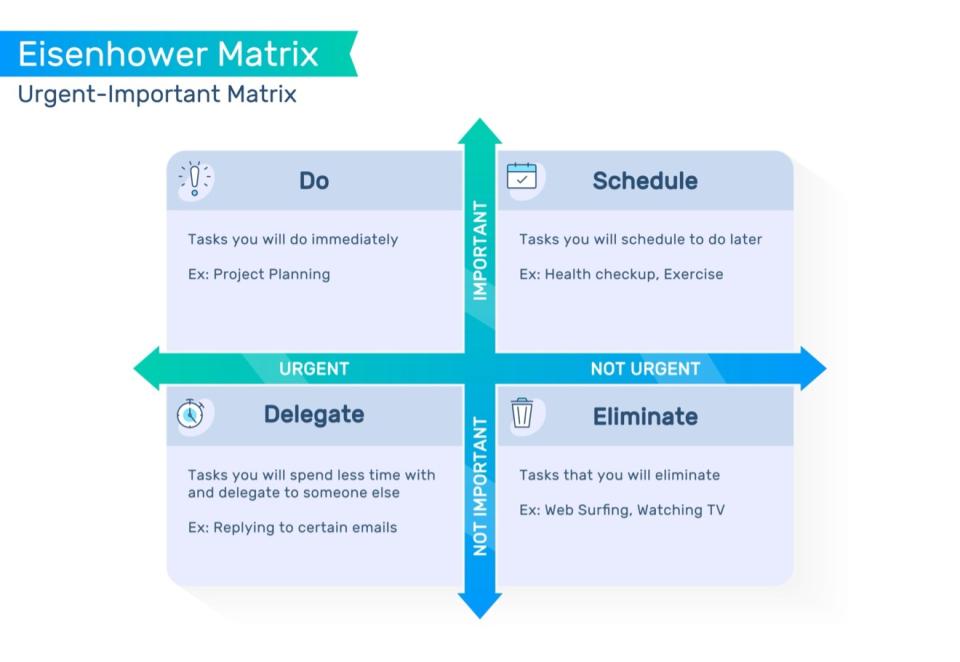University jobs generally provide a high level of flexibility. However, they also often come with a measure of stress. Academics and non-academics tend to work extra hours to deal with endless deadlines. A 2018 study of Chinese universities by Qian Meng and Guan Wang of Bohai University found that job stress among faculty is widespread across occupational hierarchies. “Given their numerous roles and responsibilities, and the intense demands and high expectations placed on them, many university faculty members experience significant levels of stress,” they write. We believe that if a similar survey were done with universities in Macao, it would yield very similar results.
Time spent preparing teaching materials, teaching itself, writing exams and marking multiply a scholar’s workload, competing with their research, publication demands and conference efforts. Non-teaching staff, meanwhile, juggle administration and finance tasks, staffing, tech support and anything else needed to keep the school running.
Faculty members generally have three areas of responsibility: teaching, research and service (see figure 1).

The distribution of these three areas will generally vary according to the type of institution. For example, at Macau University of Science and Technology (MUST), the expectation is 60 per cent teaching, 30 per cent research and 10 per cent service. In practice, the time spent in each area by each faculty member will depend on their competencies and choices.
- Three key tips to help balance research and teaching duties
- Sessional academics: how to balance the demands of teaching and research
- Five strategies to generate a sense of satisfaction in your academic work
Keep in mind that most, if not all, faculty also have a personal life. A 2019 study suggested that it is vital for both administrators and faculty members to balance their job and family demands to maintain their well-being. To achieve this, faculty members must practise time management to manage their workload effectively.
Whatever your role, these tips aim to help you balance your workload and life goals productively.
1. Set priorities
Time management starts with clear priorities. Faculty members can list their tasks in hand and then use the Eisenhower Matrix (figure 2) to prioritise these tasks based on their importance and urgency. Important tasks can help us achieve our goals, whether these are professional or personal. Urgent activities demand immediate attention and are often associated with achieving someone else’s goals.
In practice, urgent tasks are the ones that we usually concentrate on the most, because the consequences of not dealing with them are immediate. However, the Eisenhower Matrix offers a promising way to allocate your time in favour of efficiency and effectiveness in work and life.

2. Break up tasks to avoid procrastination
Faculty members sometimes feel overwhelmed with their workload – and it is tempting to put off large tasks. For example, grading 100 homework assignments can be a problem for some. However, breaking the job down into smaller chunks can reduce procrastination. Grade 10 to 15 assignments at a time and enjoy the little victories. Each smaller group will seem less daunting. Setting a series of deadlines for smaller tasks that lead to accomplishing a final project or mission can also result in less procrastinating behaviour.
3. Make a record of your daily routine
Knowing how you spend your time is an essential step to managing your time and workload. Creating a record keeps you accountable. Faculty members can use technology to help them to track their activities. Tracking software or apps can help record and analyse time spent on each category of the faculty member’s tasks. For example, if only 10 per cent of working hours is spent on research, maybe the faculty member needs to review what has eaten up the other 90 per cent of their time. If the goal is to publish, for example, two articles, then maybe it is a good idea to restructure your office hours to allow the necessary time to write up research.
4. Make your to-do list the last thing you do
According to ProofHub, the best time to make a to-do list is at the end of each day, when you know where you left off and where you will need to start the next day. Almost all professions have non-negotiable items on the to-do list. Take teaching, for instance. Yes, academics must show up in front of the class and deliver their lesson on time. The challenge also includes the preparation process, which takes much longer than the lesson itself. For example, an experienced professor at MUST still needs at least twice the lecture length to prepare the teaching material. A good practice is to shuffle an entire week’s teaching prep into a single workday, so you can then fill in the other four days with more challenging tasks such as research and writing.
If you cannot complete the list, move the remaining tasks to the next day and highlight them. If you find yourself repeatedly postponing these items, maybe you should ask yourself whether they are either unrealistic or unnecessary. Finally, the list is not like the digits on your bank balance – more is not always better!
5. Learn to delegate
Faculty members can consider delegating tasks to their team members. Knowing what and how to delegate is an essential skill that will help faculty members manage their time and workload more effectively (see the urgent-but-not-important quadrant of the Eisenhower Matrix). Many people do not delegate because they want to maintain control of everything. Remember, if you cannot accomplish or complete a task, what exactly are you in control of? Although delegating means giving an assignment to someone else, this is by no means giving up responsibility.
According to careers and job-search expert Alison Doyle, delegating skills include communication, giving feedback, trust, and knowing when and how to train team members for the required task.
A useful step is to adopt a practical system that will help you avoid the “give and go” mentality:
- When assigning tasks, break them into manageable pieces instead of sending them out in bulk.
- Check that the receiver understands their tasks thoroughly.
- Talk to the delegates before deadlines and make sure they are on track.
- Avoid micro-management and give freedom during the process.
- Give quick, clear and direct feedback when you see the first results.
- Demonstrate the proper way of doing it and give training sessions when needed.
- Compliment and show your appreciation when the job is done.
6. Focus without distractions
Being fully present and focused can result in a more efficient way to complete a given task. This principle is the opposite of multitasking – doing several things simultaneously – a method once championed as a time saver. However, a 2021 study from the Cleveland Clinic showed how multitasking can hinder your performance. Instead, focusing and completing a single manageable task can provide a sense of accomplishment that will lead to better time-management skills.
Time-management skills are vital because they help you manage your work in a way that allows you to accomplish goals. Another benefit of time management is stress relief. A recent article from the Corporate Finance Institute indicates that following a task schedule can reduce anxiety. In addition, less-stressed individuals are more likely to accomplish their goals and be more productive.
Finally, managing your time well also allows you to have personal time, which is a catalyst for creativity and productivity. The more you accomplish your tasks, the more you can think of the big picture for yourself and your organisation.
Kaihan Yang is associate professor and Ben K. Goh is dean, both in the Faculty of Hospitality and Tourism Management at the Macau University of Science and Technology.
If you found this interesting and want advice and insight from academics and university staff delivered direct to your inbox each week, sign up for the Campus newsletter.




comment